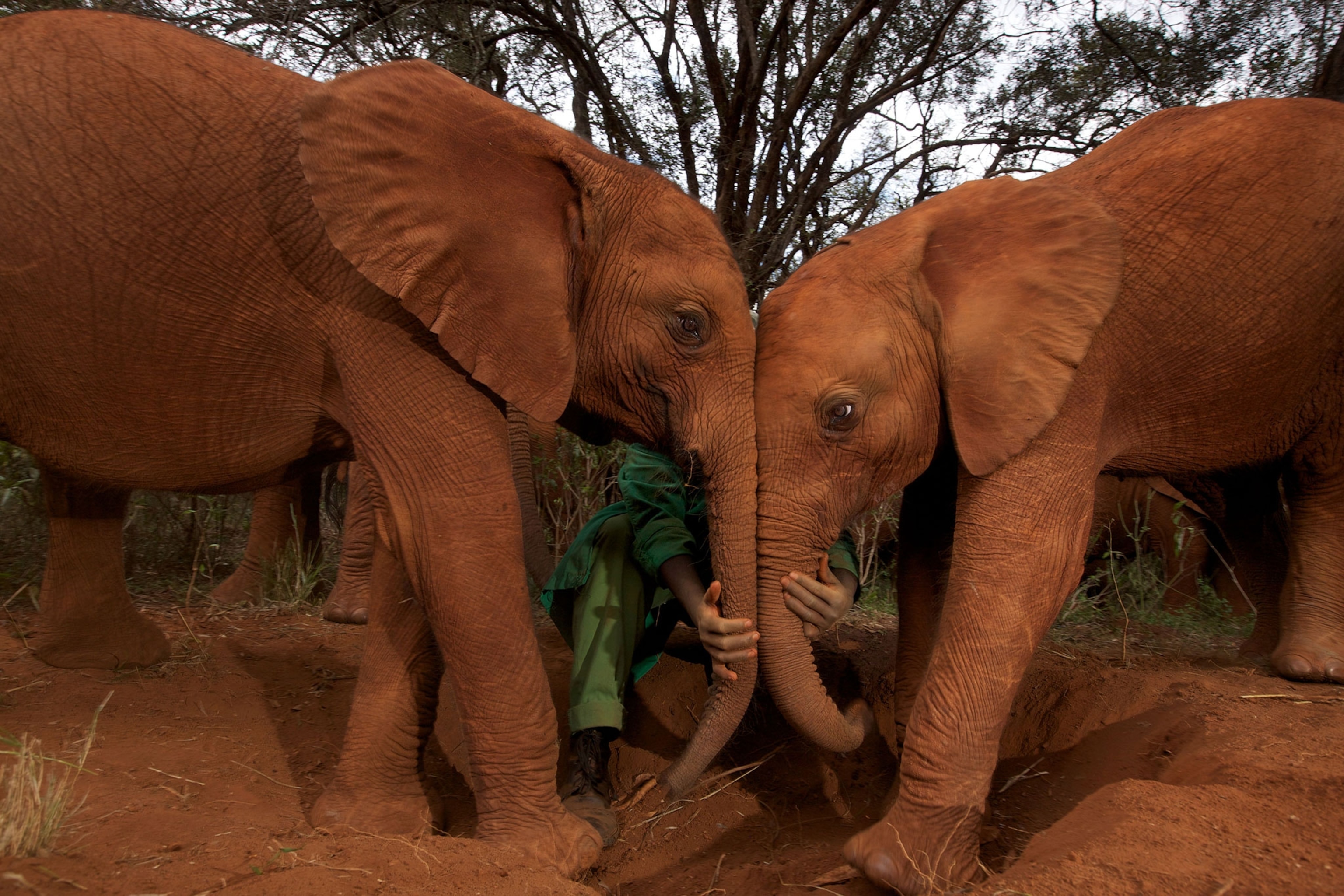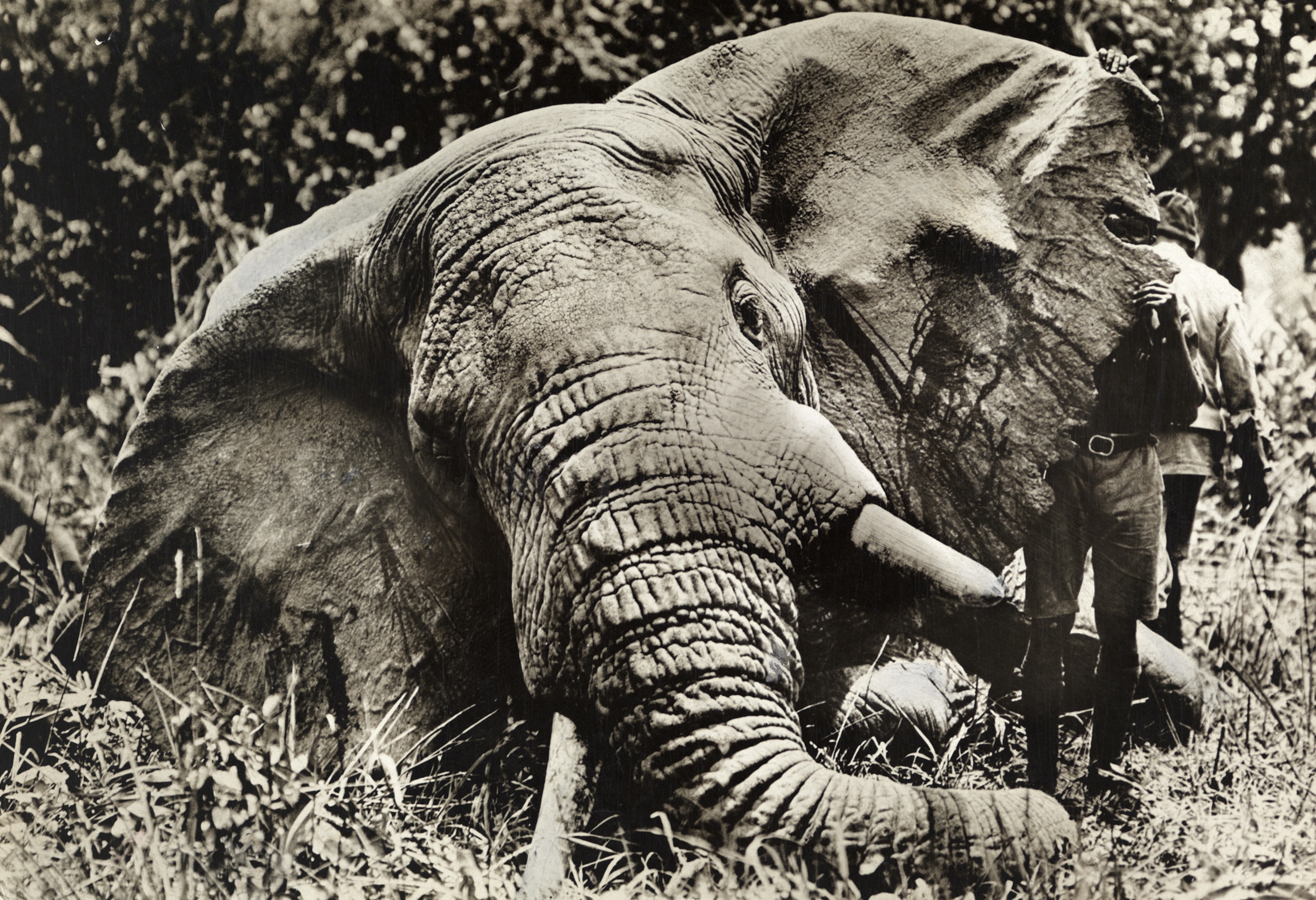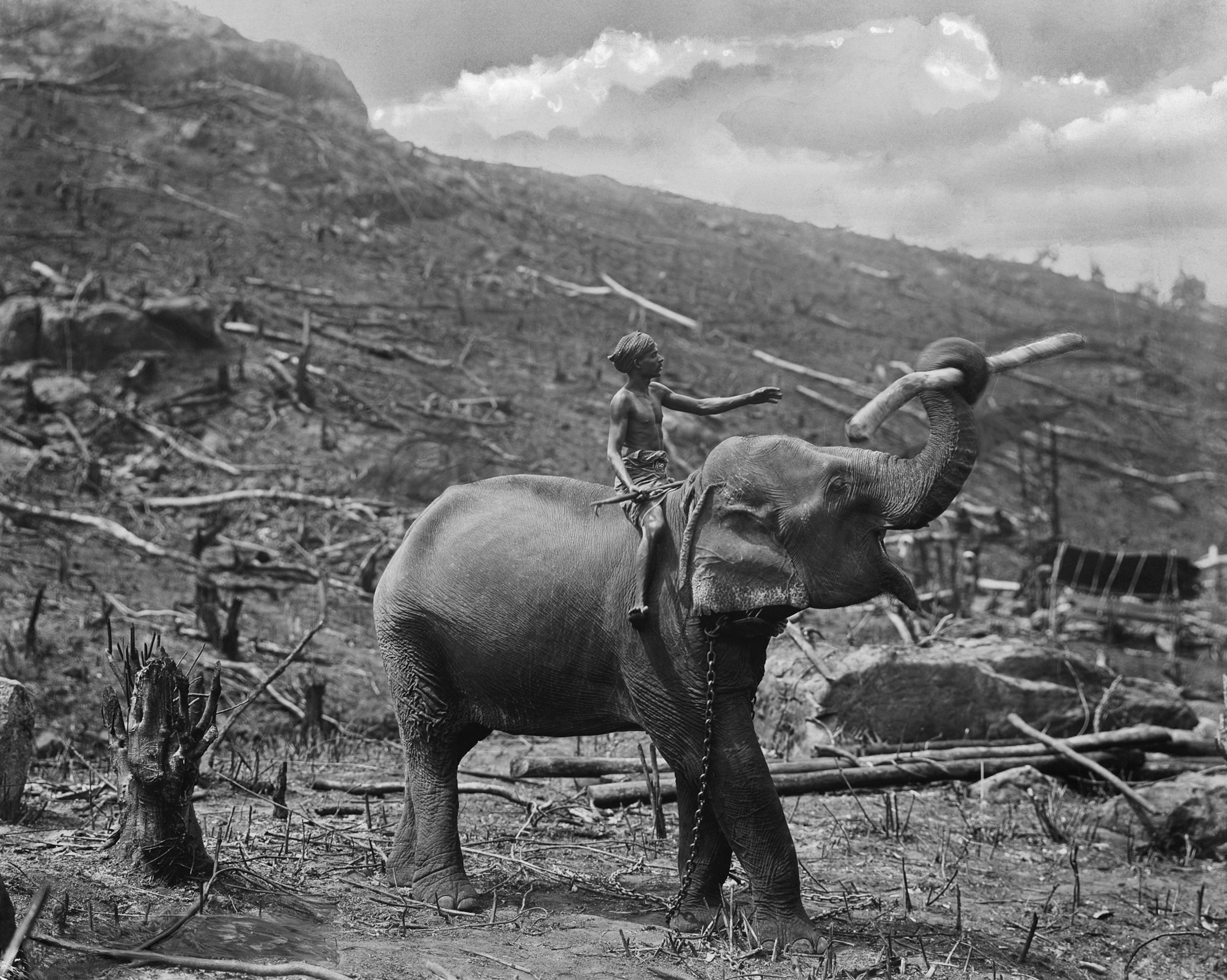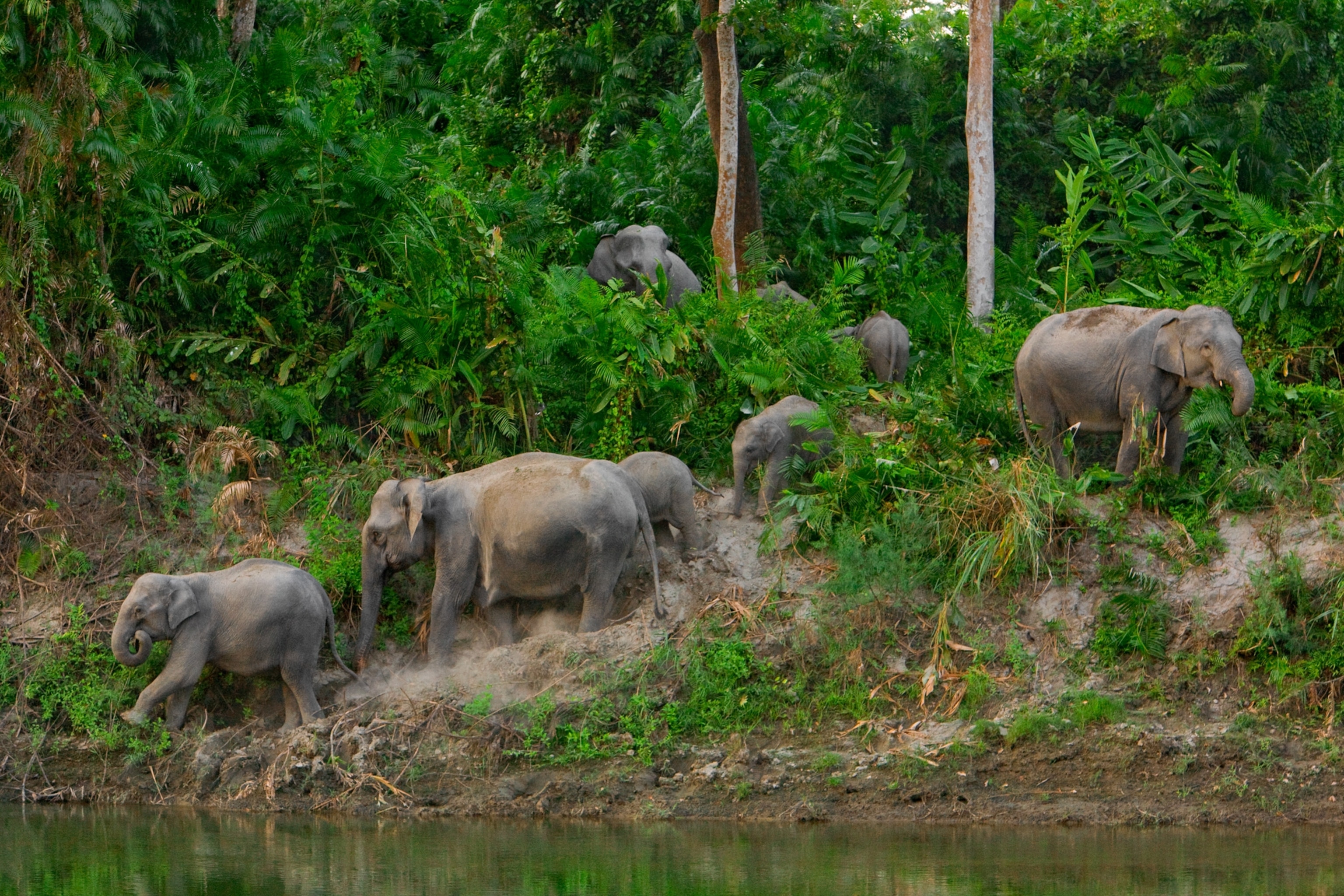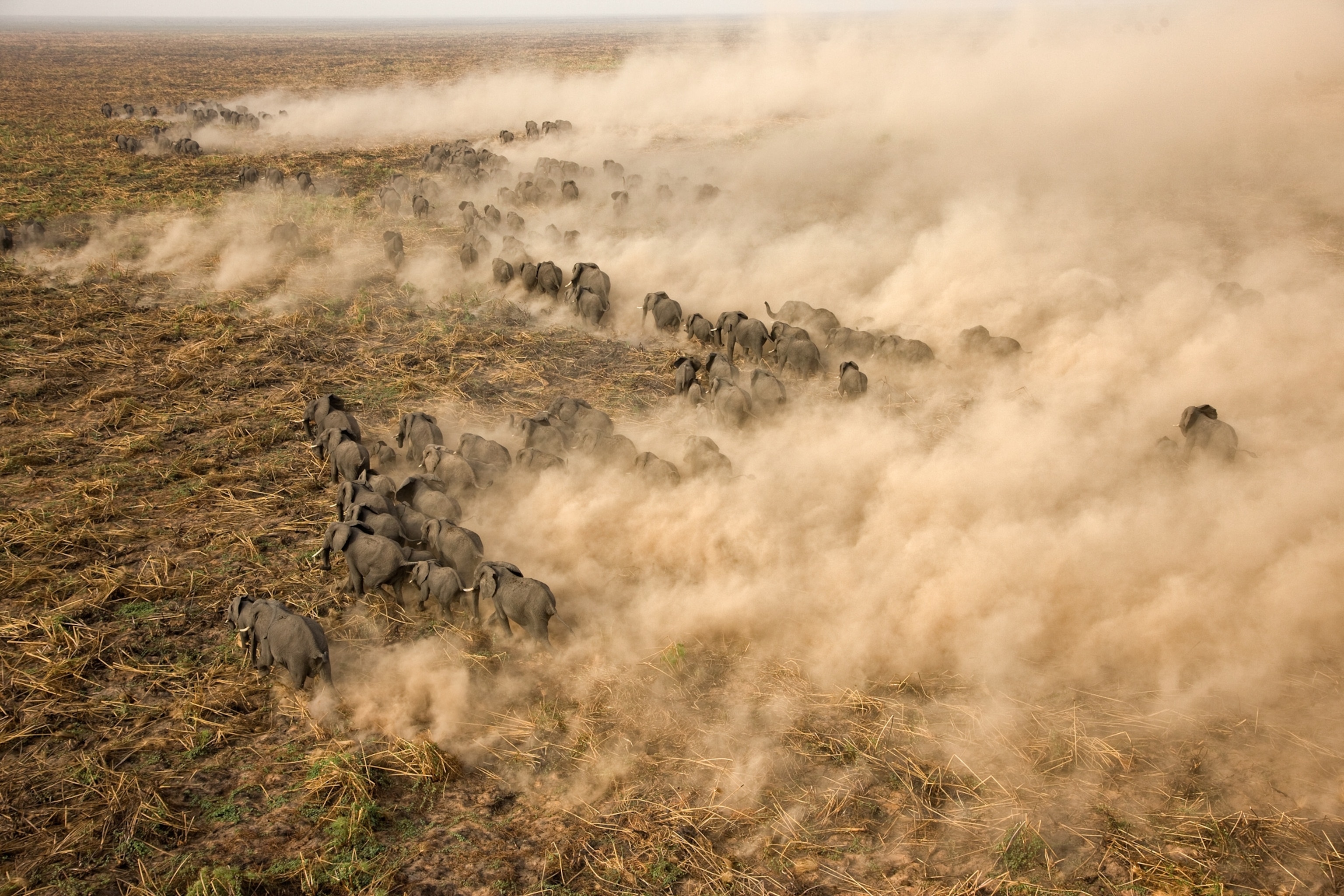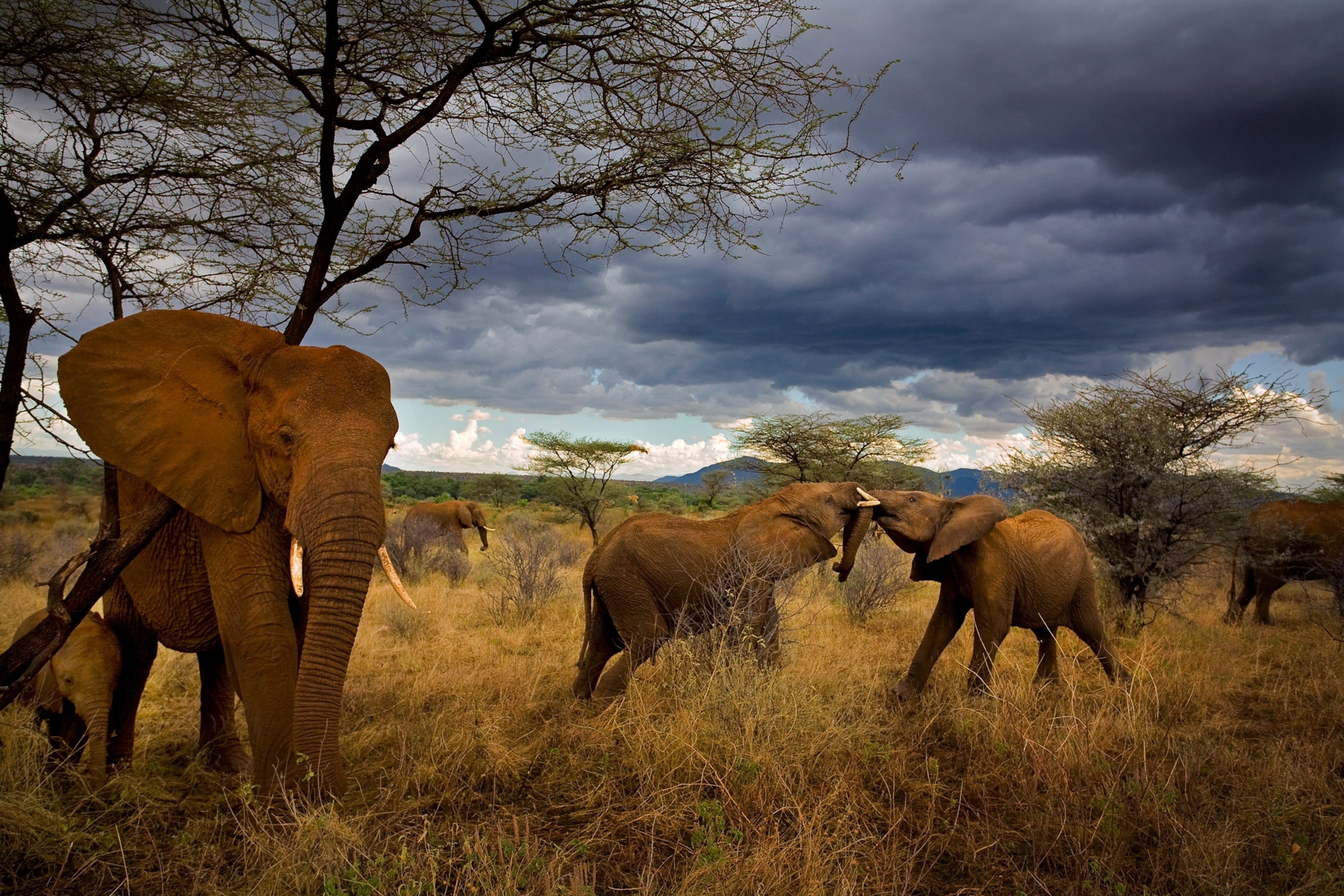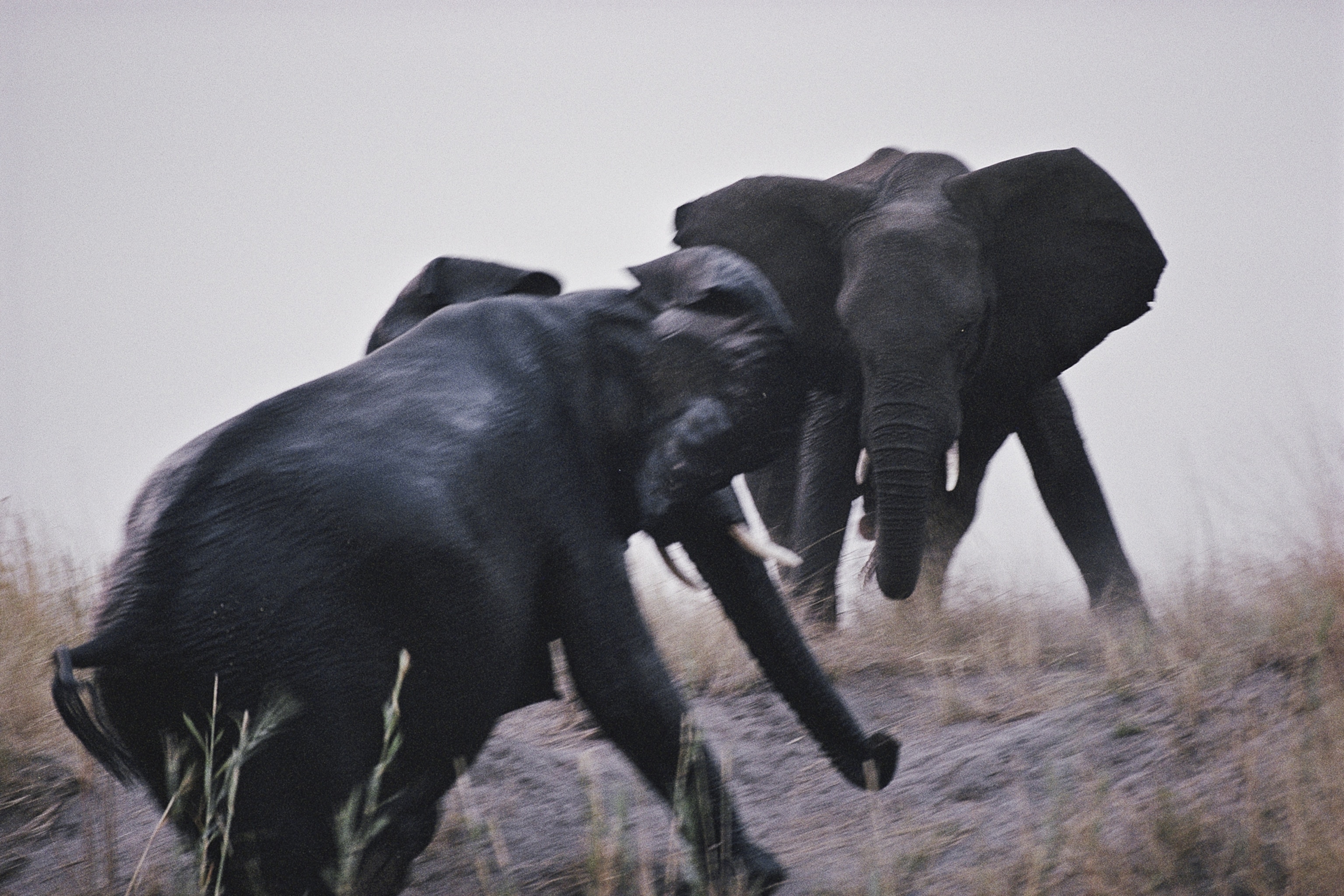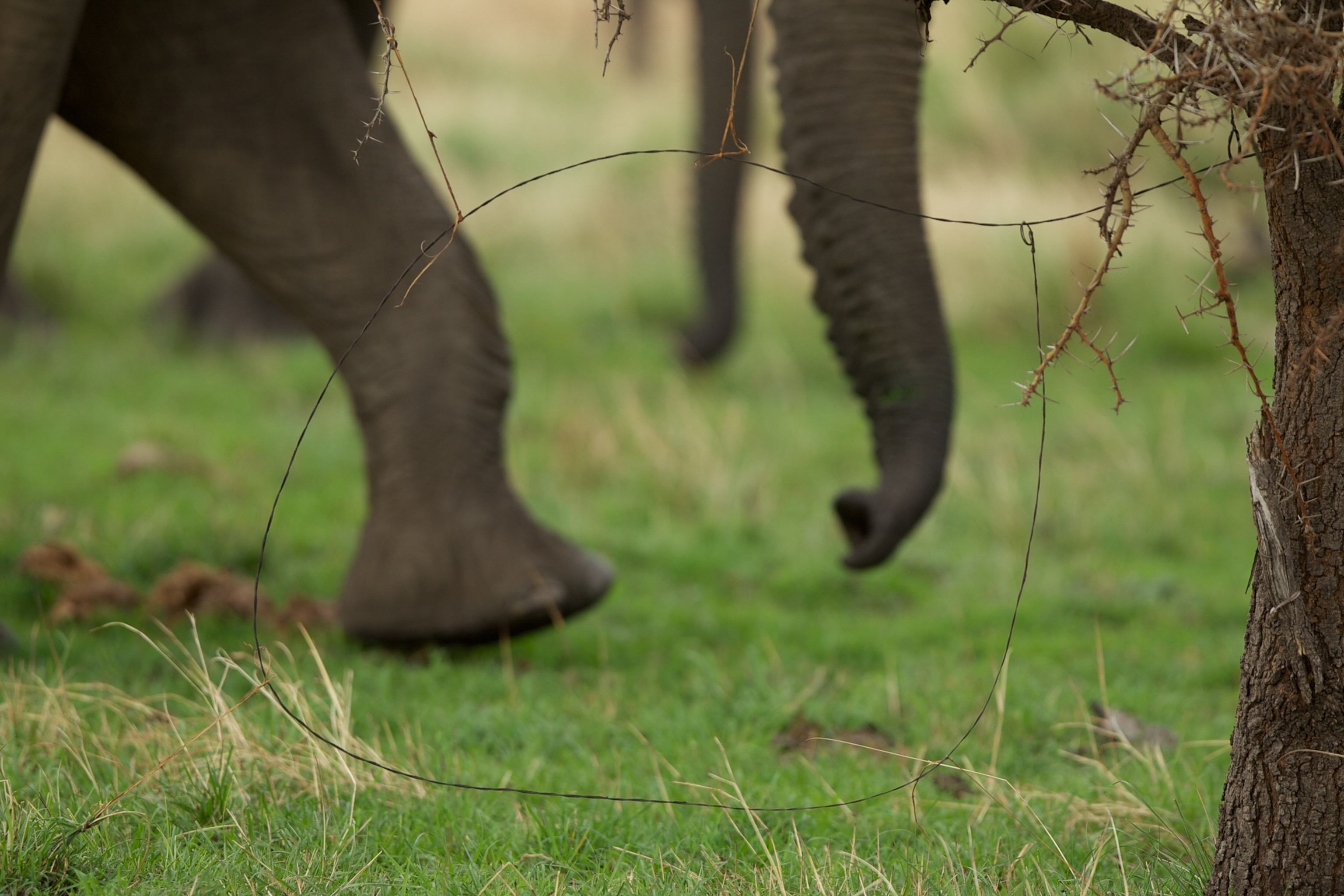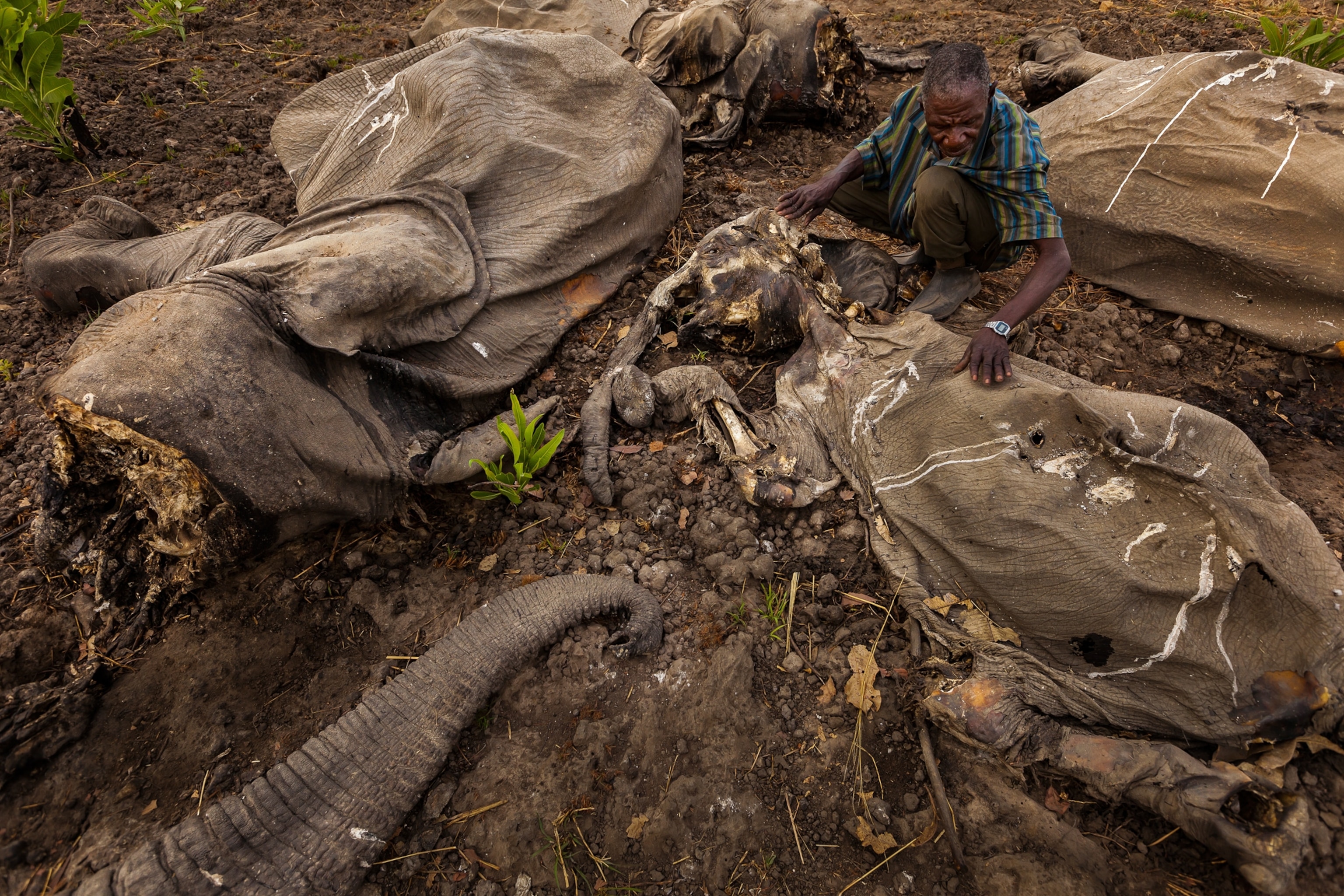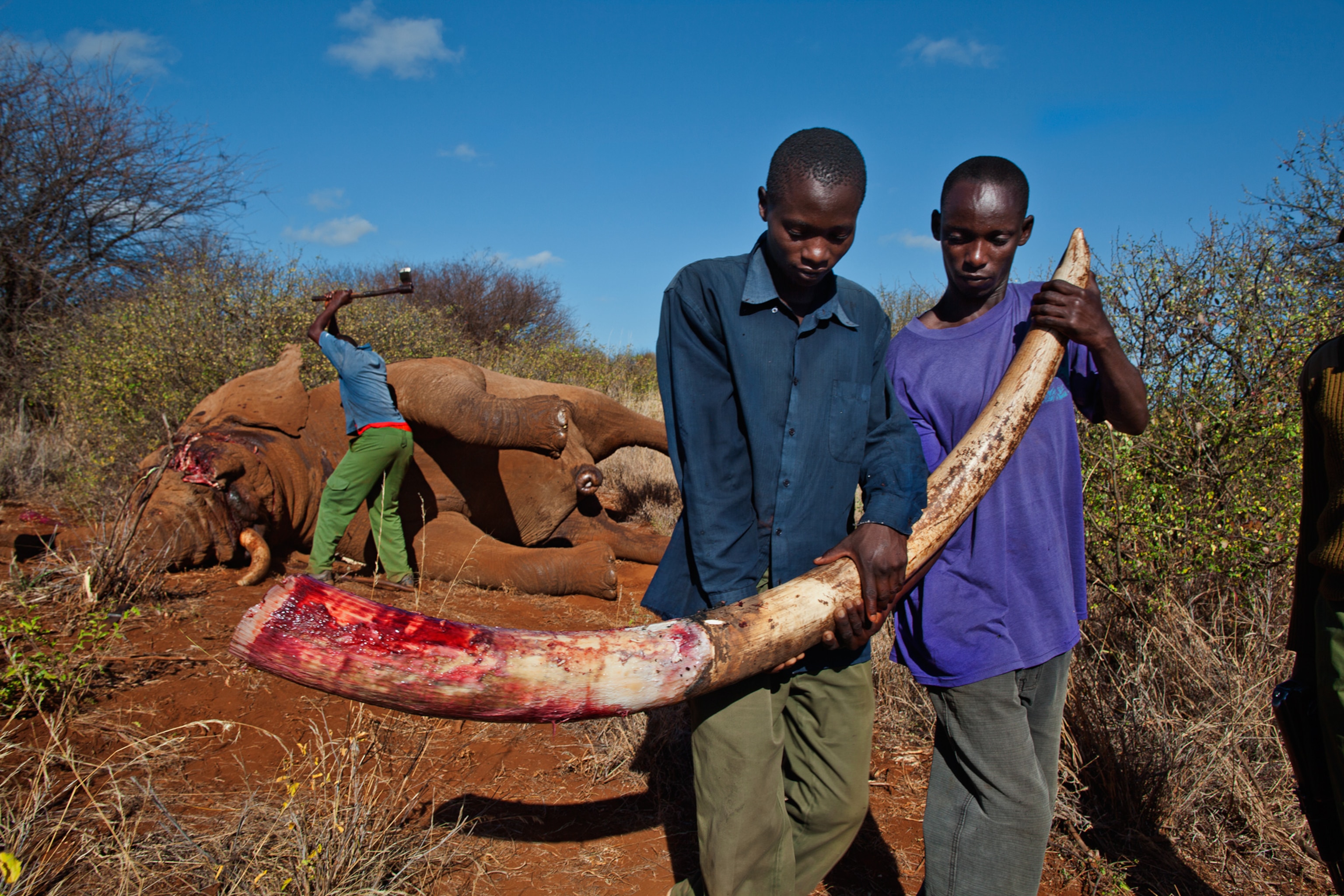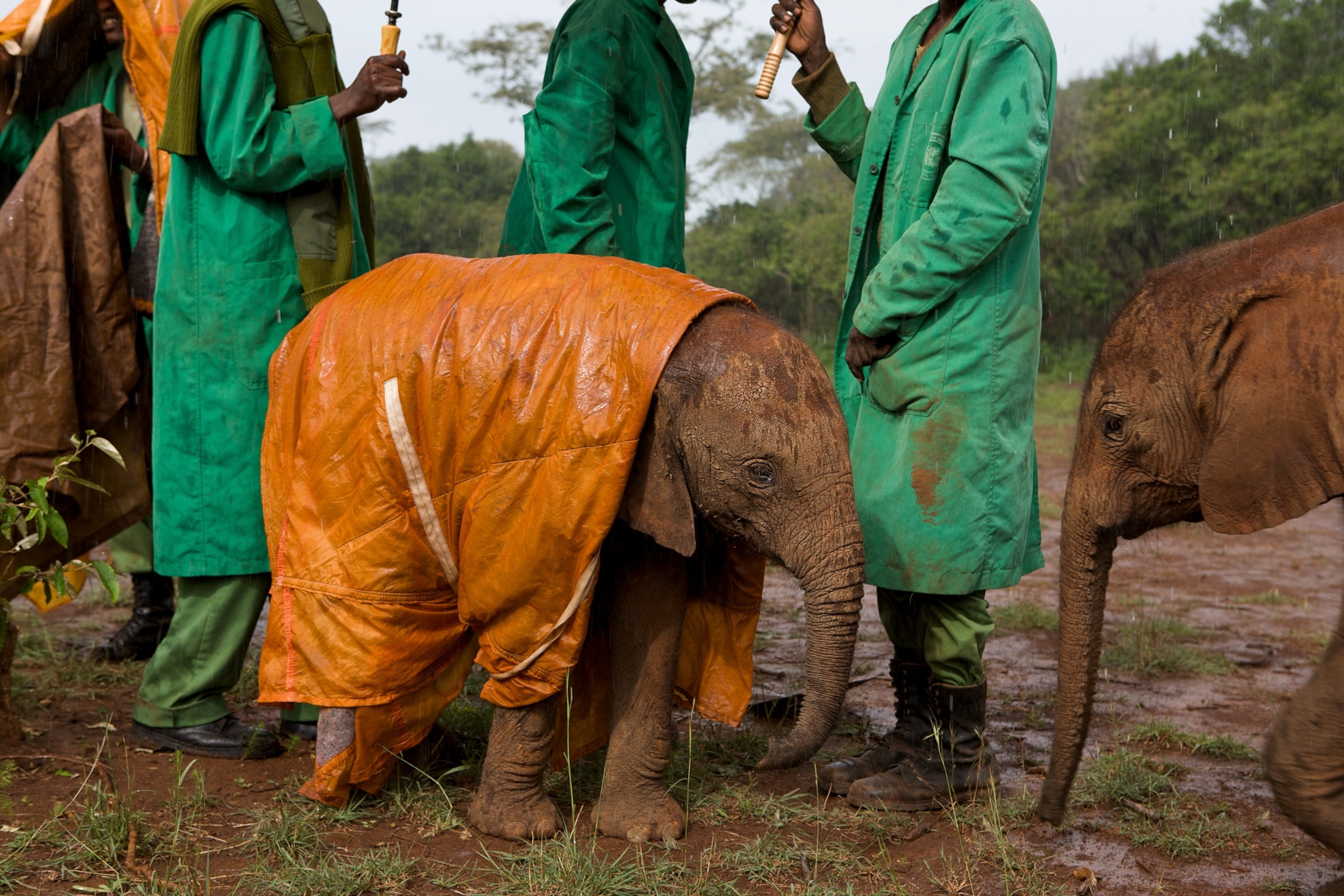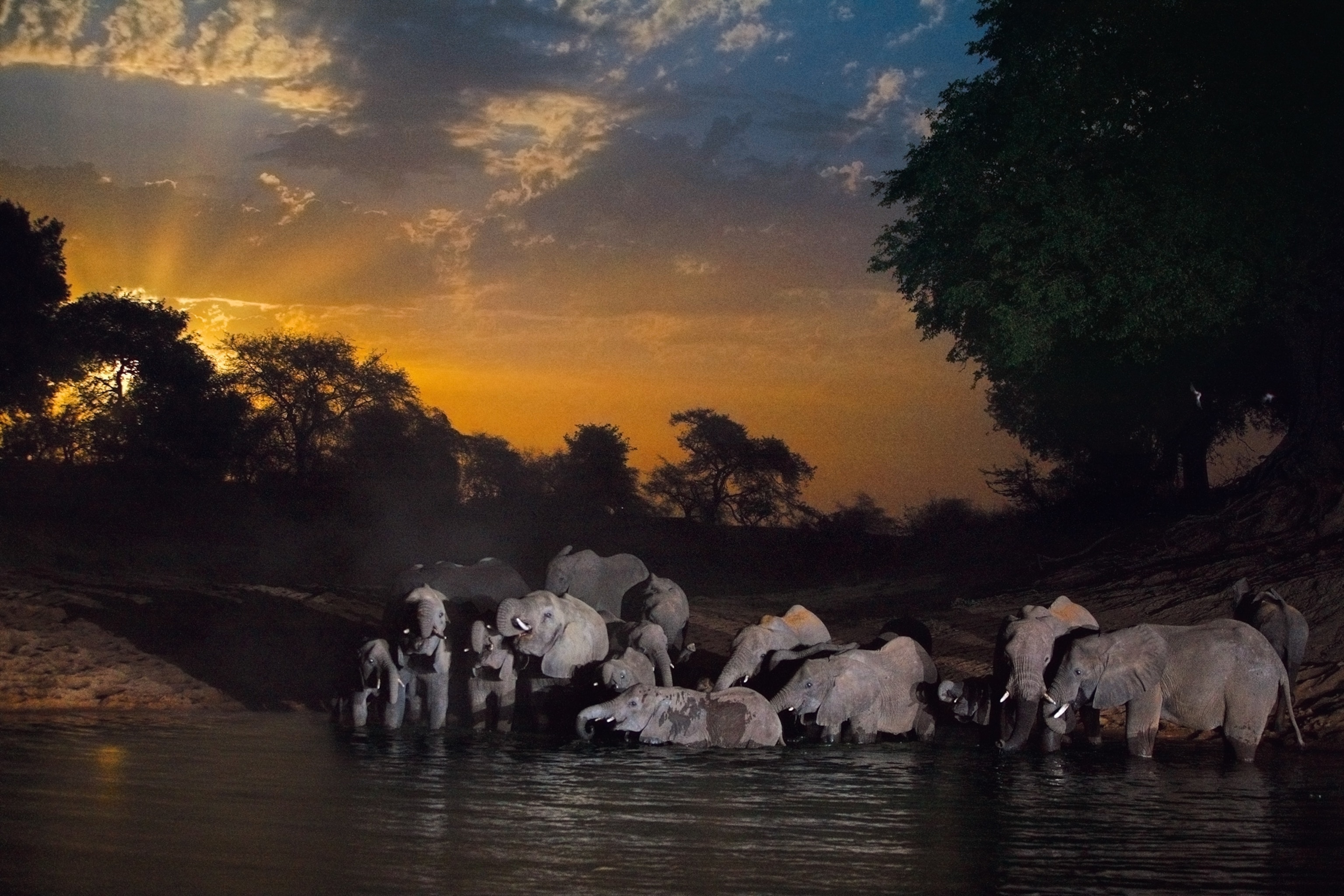Some 30 trillion cells make you, you. Along with your many microbes, this cellular orchestra keeps your body humming along—your heart hammering, your guts gurgling, and your muscles firing. As you grow older, your cells divide so new ones can replace the old. But with this turnover of cells, genetic errors are almost inevitable. And these mishaps often translate to cancer.
Statistically speaking then, bigger animals, which have more cells, should have greater occurrences of cancer. By that reasoning, elephants, with hundreds of times more cells than smaller mammals, should suffer from the disease at much higher rates. But that isn’t the case.
Now, a study in the journal Cell Reports offers new clues as to why—and the key may be a recently revived “zombie” gene.
“From an evolutionary biology perspective, it's completely fascinating,” says Joshua Schiffman, a pediatric oncologist at the University of Utah who was not involved in the work. “This is a great start,” he says, cautioning that more tests are needed to confirm the find. “I think we're just at the beginning.”
The Body-Size Conundrum
In 2015, Schiffman and his team published a paper detailing a critical discovery behind this mismatch of organism size and cancer rates—a quandary now known as Peto’s Paradox. They found that trunk-swinging creatures have extra copies of a tumor-suppressing gene called P53. Humans have one copy; elephants have 20.
As the cells in an animal’s body divide—human, elephant, or otherwise—this gene acts like a doctor in charge of genetic triage. “P53 can recognize DNA damage and then go, ‘OK what are our options?’” explains Amy Boddy, a biologist at the University of California, Santa Barbara, who was not involved in the work. Cells with minor issues can be repaired, but if they have too much damage, the cells become a cancer risk, so P53 orders them to be killed instead.
While most animals opt for repair, elephant cells more often take the latter route, explains study author Vincent Lynch, an evolutionary biologist the University of Chicago. “Elephants are weird,” he says. “Their cells just die if you give them DNA damage.” And Lynch, who led the team that independently verified elephants' extra P53 genes, wanted to know why.
Silent Killer
Lynch and his colleagues began searching for other genetic differences in elephants compared to small-bodied mammals, specifically, for genes with extra copies. One in particular stood out: Leukemia Inhibitory Factor or LIF, which is also known for its role in enhancing fertility.
“I'm a bit surprised it's the LIF genes,” says Boddy. Fertility seems a far cry from cancer prevention, but Lynch thinks that LIF6 may also serve another function: slaying damaged cells.
Most mammals—from the tiny pika to the massive minke whale—have just one copy of LIF. But elephants and their close relatives, including the manatee and the groundhog-like hyrax, have many. Elephants have 7 to 11, “depending on how you count,” says Lynch.
A single one of these appears to serve a function: LIF6. And so far they’ve only found it in elephants.
LIF6 appeared in elephant genes some 59 million years ago, the study authors suggest. And initially, it was likely a useless, broken gene. But as elephants’ proboscidean ancestors evolved, so, too, did the gene. It was eventually reawakened as a working “zombie” gene—a change that may have helped elephants reach such momentous sizes unrestricted by cancer.
If P53 is the doctor in charge of genetic triage, LIF6 is in charge of carrying out its orders to eliminate damaged cells.
Lynch and his team demonstrated the LIF6 gene's activity by causing DNA damage to African elephant cells in the lab. This damage seemed to trigger P53 to turn on the LIF6 gene, which then killed the damaged cells. If they prevented LIF6 from functioning, though, that elephant-specific sensitivity to cell damage seemed to go away, Lynch says.
Cancer-Stopping Networks
The zombie gene is not the only one keeping cancer in check, Lynch cautions. “LIF6 is playing a small part in a broader process,” he says. Schiffman agrees, adding “there are almost certainly going to be other findings as well.” His team published one such discovery earlier this year focused on another set of genes that help repair broken elephant DNA rather than killing damaged cells.
The ultimate hope is that studying animals’ cancer defenses can aid in the development of cancer treatments for humans. “This took 59 million years of evolution,” Schiffman says of LIF6 evolution. “In my opinion, that's 59 million years of research and development. That's 59 million years of nature trying to figure out the best solution to avoiding cancer.”
By tapping into that well of knowledge, researchers could get a leg—or a trunk—up in the hunt for overcoming cancer.
